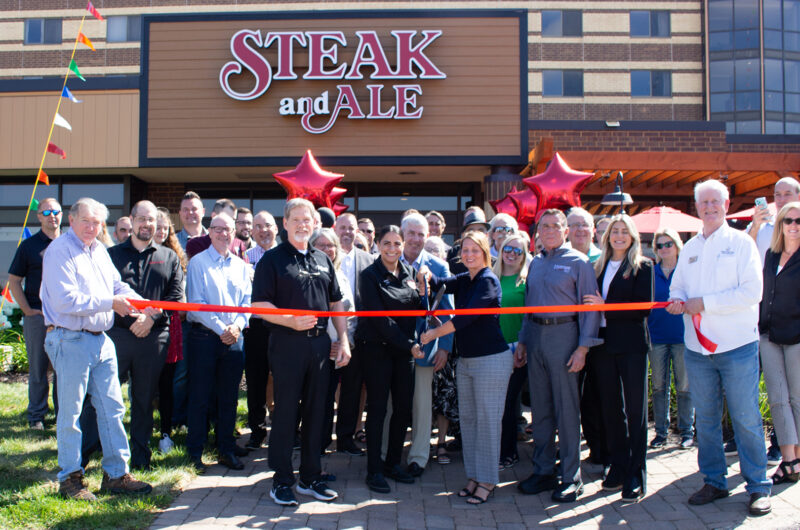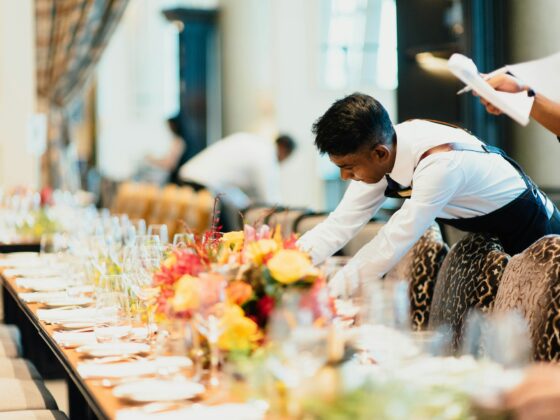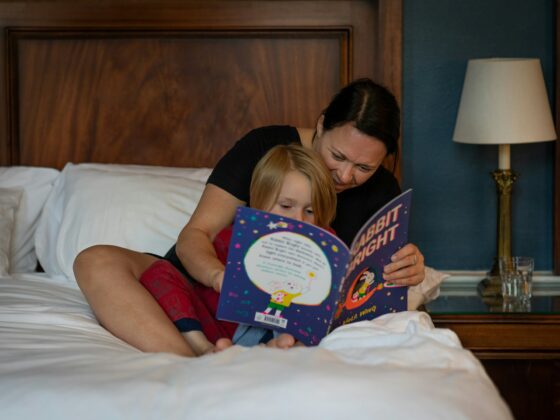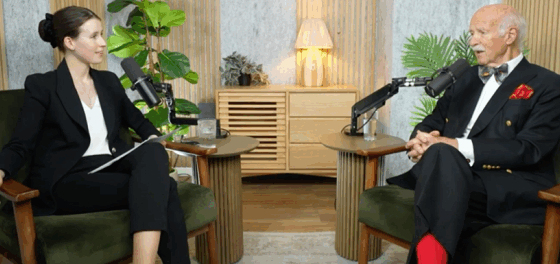
Some hotel brands stand out the moment you land on their website. Staypineapple is one of them. Known for its irreverent tone, personal touches and community feel, the brand has built something that can’t be manufactured: a culture of genuine connection.
In the latest episode of Matt Talks Hospitality, Dina Belon, President of Staypineapple, shares their approach to hospitality with personality, including scaling across multiple properties and giving staff the trust and freedom to be authentically themselves. Plus, five essential tips for fostering more personable hospitality.
People, not buildings
Dina’s hospitality career began in property development, building, renovating and designing hotels and time share projects. But what she learned at Staypineapple flipped her early assumptions.
As much as I spent most of my career building the stage for hospitality, I truly learned here at Staypineapple that ninety percent of a great hospitality experience is both the team and the guest and the co-created culture every day inside of the hotel.
The buildings may set the stage, but the experience is defined by people. That philosophy shows up everywhere in their operations. Team members are encouraged to bring their whole selves to work. There are no rules about hair, makeup or uniformity. Interactions are authentic, not rehearsed.
That authenticity can sound surprising out of context. I have literally sat in the lobby of our hotels and cringed at the things I’ve heard our team members say to guests,
Dina admits. Even something as simple and casual as ‘Yo!’ can feel unexpected to someone used to with more scripted greetings. But when interactions are genuine, they resonate. Guests respond to real people, not robots.
Scaling without losing soul
Some of the things that are great about boutique hotels versus big box hotels is they have a life of their own, and that creative process is much more organic,
Dina says. Staypineapple operates 10 hotels across seven cities with plans to reach 50 in the coming years – so how do they retain that personality?
We use technology to remove the transactions so that we can build relationships,
Dina explains. Personality it a strategic priority. Instead of scripting every interaction, they create frameworks and trust people to bring them to life in their own way.
For instance, when the bar is busy, the bartender’s goal isn’t just to keep guests happy. It’s to get them talking to each other so they feel part of a community. That kind of emotional intelligence can’t be taught line by line in a handbook.
This trust often leads to extraordinary guest experiences. Dina described how one front desk agent heard that a guest couldn’t eat at a specific restaurant because it was closed. The agent, who shared the guest’s cultural background, cooked the dish at home and set up a formal dining experience in the lobby. That’s innate empathy, and although you can’t teach it, you can create an environment in which it can flourish.
The role of technology
While the culture is human-led, technology plays a crucial role in enabling it to scale. In 2024, Staypineapple underwent a complete technology transformation, replacing their entire stack. They implemented Mews as their PMS, Toast for POS, Thynk for CRM, Optii for housekeeping and Akia for guest communication.
The real value isn’t just in individual systems but how they work together. An integrated source of truth not only saves time but builds confidence in the technology and how you use it. With guest data connected across systems, teams can build on previous interactions rather than starting from scratch.
This shift has transformed how they personalize experiences. What used to rely on overheard conversations or handwritten notes now happens at scale. A detail noted at one hotel is accessible to another, so the next stay feels just as personal.
Building a culture of sharing
Technology only works if people use it. For many hotels, that’s the biggest challenge. If you want to build a culture of trust, you also need to welcome collaboration.
Take data sharing. If a receptionist at one hotel learns through casual conversation that a guest is gluten free, that’s information that would benefit other staff at other hotels. Instead of enforcing data entry through strict rules, foster a sense of shared benefit. When teams see how guest insights from other properties make their jobs easier, they contribute more themselves.
This cultural alignment turns documentation from a chore into a natural part of the workflow. As a result, personalization isn’t limited to the lucky few guests who happen to connect with the right team member. It’s system-wide.
Five tips for personable hospitality
How can your hotel foster this sense of authentic personality? Here are five principles for personal hospitality that can help teams make it part of their everyday service.
1. Ditch the script, keep the intention
A warm welcome doesn’t need a word-for-word greeting. Equip your team with the goal – not the line – so their delivery feels natural.
2. Empower quick decisions
Real moments happen in the moment. Give your team the confidence to act fast on guest needs without waiting for approval.
3. Notice the small stuff
Unscripted gestures often come from observing details – like offering an umbrella to a guest heading out in the rain.
4. Create space to connect
Use the right tech to build in moments that allow genuine interaction. A few extra seconds at check-in can turn a transaction into a conversation.
5. Celebrate spontaneity
When a team member goes off script to delight a guest, share it. Recognition reinforces the kind of behavior that sets your service apart.
Trust, personality and future growth
The Staypineapple model offers a different lens on scaling hospitality. It proves that growth doesn’t have to mean standardization. It can mean amplifying personality, empowering teams and using technology as a quiet enabler rather than a controlling force.
For hoteliers, the lesson is clear. You can build a brand that feels human, even at scale. But it requires more than a guest experience manual. It takes trust in your people, investment in the right tools and a clear cultural north star.
And Dina’s advice for future leaders in hospitality is simple. Find your strengths. What are the things that you’re great at? Don’t worry about what your weaknesses are.
In an industry built on connection, that’s a message that resonates.
To watch the in-depth conversation between Dina and Matt, check out episode 46 of Matt Talks: the art of unscripted hospitality.
Watch the episode
About Mews
Mews is the leading platform for the new era of hospitality. Powering over 12,500 customers across more than 85 countries, Mews Hospitality Cloud is designed to streamline operations for modern hoteliers, transform the guest experience and create more profitable businesses. Customers include BWH Hotels, Strawberry, The Social Hub and Airelles Collection. Mews was named Best PMS (2024, 2025) and listed among the Best Places to Work in Hotel Tech (2021, 2022, 2024, 2025) by Hotel Tech Report. Mews has raised $410 million from investors including Growth Equity at Goldman Sachs Alternatives, Kinnevik and Tiger Global to transform hospitality.







